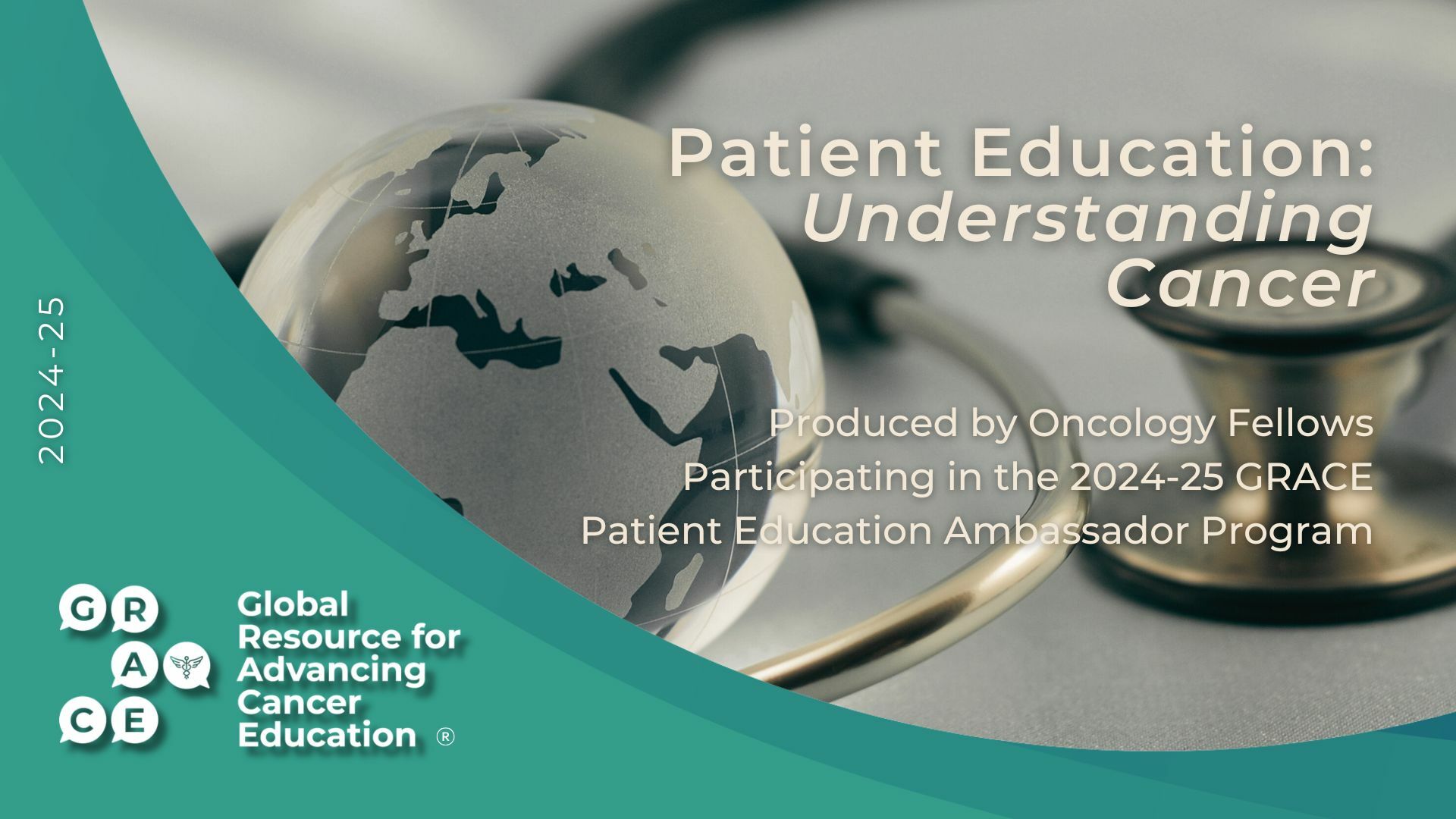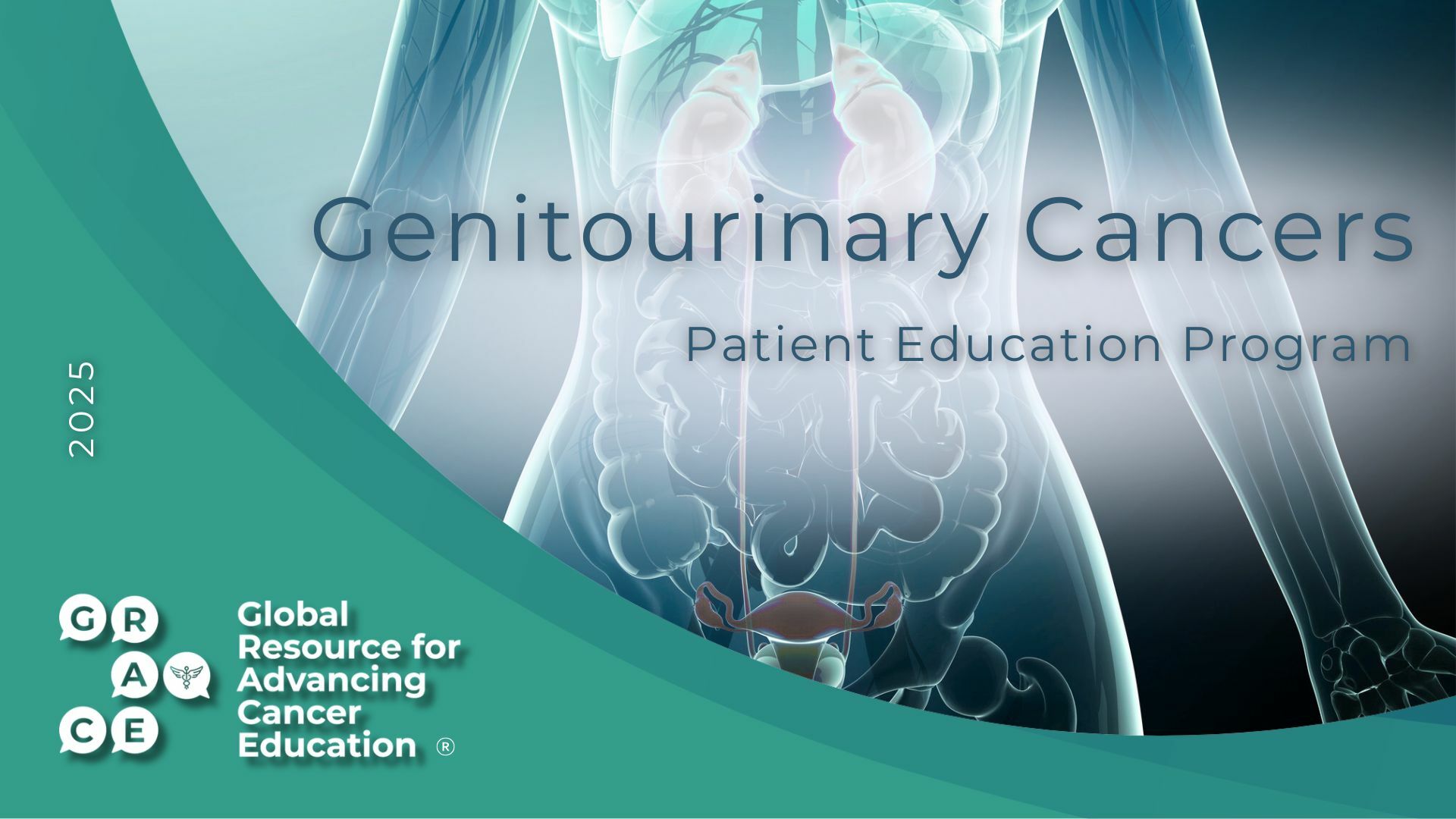Article and Video CATEGORIES
This week, Drs. Bouchardy and colleagues in Geneva published their report of lower rates of lung cancer death in women with breast cancer who received the anti-estrogen therapy tamoxifen compared with women with breast cancer who didn't receive tamoxifen, leading to some debate about whether the commercially available agent tamoxifen should be recommended as a treatment for lung cancer.
This particular study (in it's pre-publication form) was actually discussed by GRACE faculty member Mary Pinder from Moffitt Cancer Center in Tampa just over a year ago. The main concept is that the study reviewed a very large cohort of women in Geneva with breast cancer and compared outcomes in terms of lung cancer development and rates of death from lung cancer as noted in their registry for the group of women who received tamoxifen vs. those who did not. They didn't see a significant reduction in the rate of lung cancers developing, but they did see a much lower rate of lung cancer deaths compared with their calculated expectations in a model in the patients who received tamoxifen (13% of the expected number), compared with 76% of the expected calculation for those women with breast cancer who didn't receive tamoxifen.
As Dr. Pinder appropriately pointed out in her post from a year ago, we need to recognize that this is a retrospective analysis, and I think it's also important to highlight that the numbers of women with lung cancer ended up as pretty small, so it's hard to make too much out of results that would have different conclusion if just 1-2 more patients had a different outcome. Importantly as well, the comparison is to a calculation of expected results that are based on assumptions. Finally, as Dr. Pinder noted as well, there could be some related confounding factor, such as a medication for hot flashes induced by tamoxifen, or something about breast cancer itself that has a protective effect (after all, there was a non-significantly lower than expected rate of lung cancer deaths in the women with breast cancer who didn't receive tamoxifen, and that 24% would be trumpeted if it happened to achieve statistical significance).
On the other hand, these admittedly limited results are consistent with a finding from the Women's Health Initiative that showed a lower lung cancer survival for women who took hormone replacement therapy (HRT) (summarized here by Dr. Heather Wakelee from Stanford), just showing a result in the opposite direction with an anti-estrogen therapy.
So should we be recommending tamoxifen as a treatment for women with lung cancer? I agree with Dr. Pinder's assessment that these results are very intriguing and should lead us to increase our commitment to prospective trials that evaluate agents like tamoxifen or other hormone therapies such as aromatase inhibitors that are routinely used in breast cancer, as they may truly be effective interventions for lung cancer. However, they have their own side effects and costs, and in the absence of a higher level of evidence, I personally feel that the evidence we have now falls well short of what we would need to prescribe one of these agents as a lung cancer treatment. Because these are daily oral therapies, they would have the potential to be used on a longitudinal basis, such as after surgery for early stage disease or after chemo/radiation for locally advanced lung cancer, as well as in the advanced lung cancer setting. I would be very interested in participating in, or at least learning the results of, trials of these hormonal therapies in any of these settings.
The threshold for discussing and perhaps recommending discontinuation of HRT for women with lung cancer who are on it is different from the level of evidence I think you would need to recommend an anti-estrogen therapy. Here, I think the converging evidence, all pretty consistent, would lead me to want to discuss this with women on HRT, or considering HRT; I would say that the level of evidence warrants the potentially detrimental effect on lung cancer survival merits being factored into the equation of pros and cons of this complex question. In fact, I had a conversation with one such patient earlier today.
For now, this remains a murky question, but it's great to see momentum building for research in this field that could lead to better recommendations for our current patients and perhaps a new treatment approach for the future. Of course, what this means in terms of optimizint treatment for he men with lung cancer is still completely unknown. But we're adding pieces to the puzzle.
Please feel free to offer comments and raise questions in our
discussion forums.




